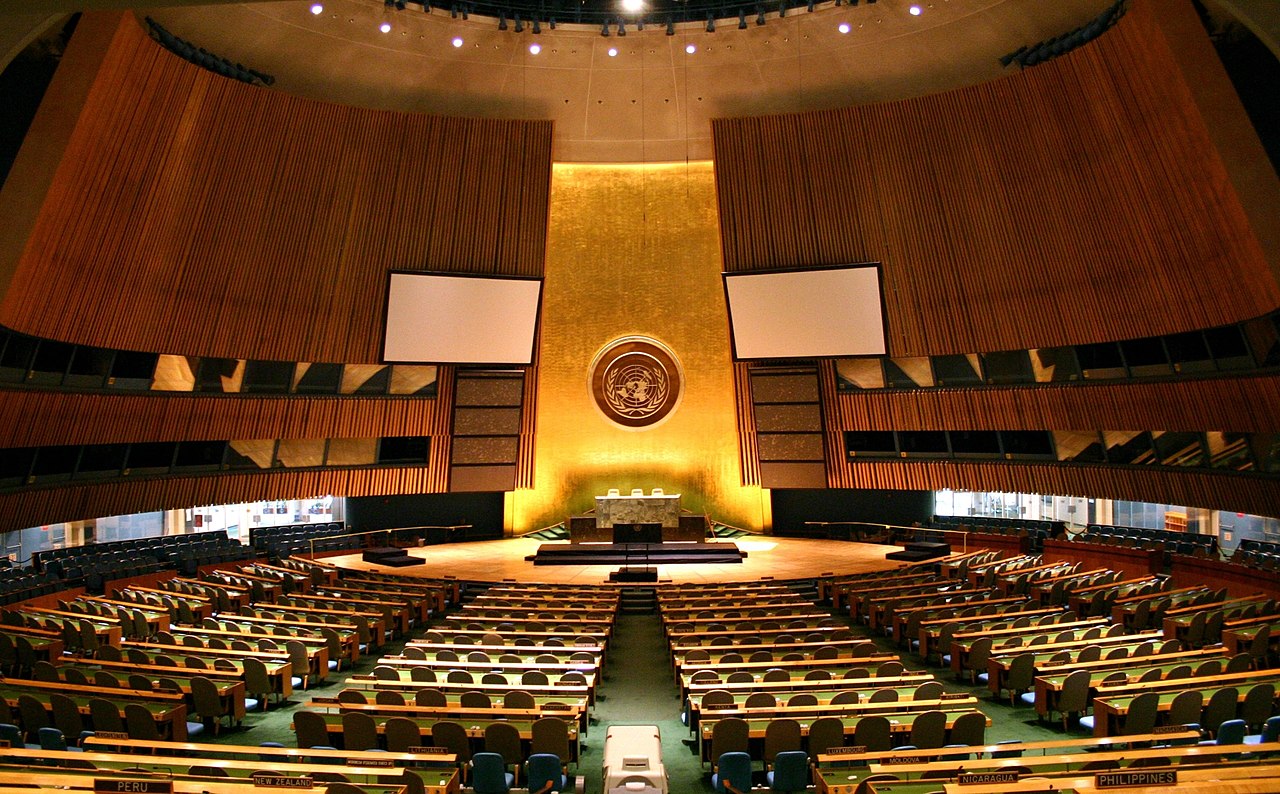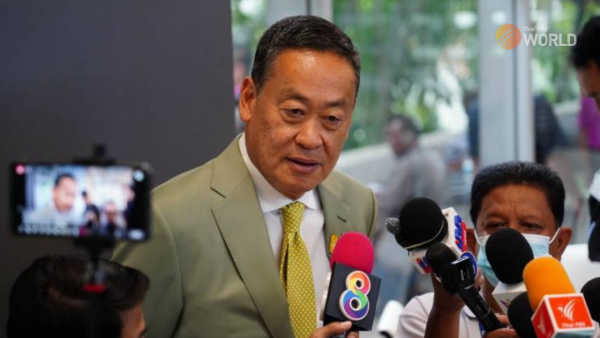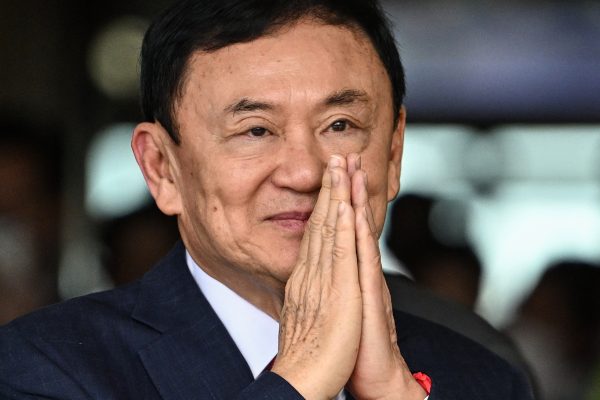OP-ED : 77th UNGA starts as global conflicts intensify

Beginning today (Wednesday), for the next two weeks at the United Nations Headquarters in New York, the leaders of UN member states will be sharing their views on the state of the world. One might describe it as living precariously. All 193 UN members will have the opportunity to reflect on immediate challenges to their countries and communities.
After nearly three years of absence, this time the in-person gathering will be an important opportunity for the UN to draw attention to the outstanding issues that threaten the well-being of the international community. War and climate change have proved, beyond any doubt, that they can impact any place or community in the world in the most disastrous ways.
The Assembly will demonstrate whether the UN is still relevant in helping to reduce tensions, as well as in resolving global conflicts and the seemingly endless problems faced by countries around the world. UN Secretary General Antonio Guterres has shown that he cares very much about the UN’s role. He has conducted shuttle diplomacy in all corners of the globe to highlight the immediate issues at hand.
Obviously, the great powers will have a greater say at the UN, as they are members of the UN Security Council. As in previous years, they will focus on their geopolitical “games” and proxy wars. It is about time that they showed some courage and engage with each other in civilized ways that will reduce tensions and eventually end all conflicts, which they are supporting directly or indirectly.
The theme for the 77th UNGA, “A watershed moment: transformative solutions to interlocking challenges,” is very fitting to the situations the world is facing. There are two key phrases in the theme that must be underscored: “transformative solutions” and “interlocking challenges.”
Any transformative solution must be durable and inclusive in nature. Without sustainability, it will be difficult to transform any challenges facing mankind. The current effort to fight climate change is a good example of the need for transformative solutions that come from all concerned global partners. No one country can deal with the climate crisis. The UN has been appealing for extra funds and efforts to help countries that have suffered from severe weather. A case in point is Pakistan today.
With a growingly interconnected world, all big challenges concerning the environment, food, energy and supply chains are interlinked more than ever before. The Russia-Ukraine war has demonstrated that any disruption of supply chains for food and energy will have long-term and catastrophic implications in all corners of the world. Nothing can be taken for granted. A war in a remote corner of the world, which is not covered by the media, could have negative repercussions in the years to come.
Therefore, it is imperative to listen to the voices of under-developed and developing UN members (low-income countries), because they have no chance to speak in a global setting because of the great powers that dominate the UN agenda and platforms.
Top of the UN agenda will be the current war in Ukraine, which has continued unabated for the past seven months. It is highly unlikely the fighting will end anytime soon, as conflicting parties and their supporters still think they can win the war, despite high casualties inflicted on their countries and the rest of the world.
Thailand’s Foreign Minister Don Pramudwinai will represent Thailand at the UN. His key message will deal with initiatives to strengthen resilience and promote environmental sustainability through approaches such as the bio-circular-green (BCG) economy model.
By Kavi Chongkittavorn






